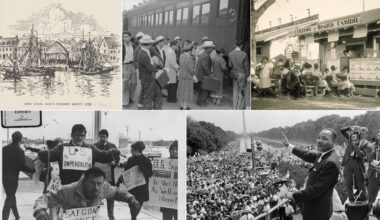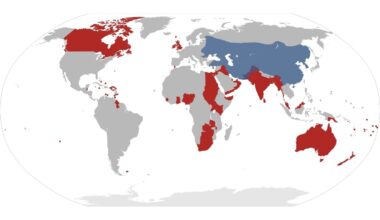History class trims edges. The fuller portraits live in ledgers, diaries, and odd artifacts that change how a presidency feels. A distillery ledger shows ambition. A patent model hints at engineering grit. A river routine reads like therapy. Even a formal UFO report sits in an archive with a government seal. The small stories don’t diminish the office; they ground it. What follows is a set of footnotes with personality, each one opening a door that the survey textbooks left closed.
George Washington Ran a Whiskey Powerhouse
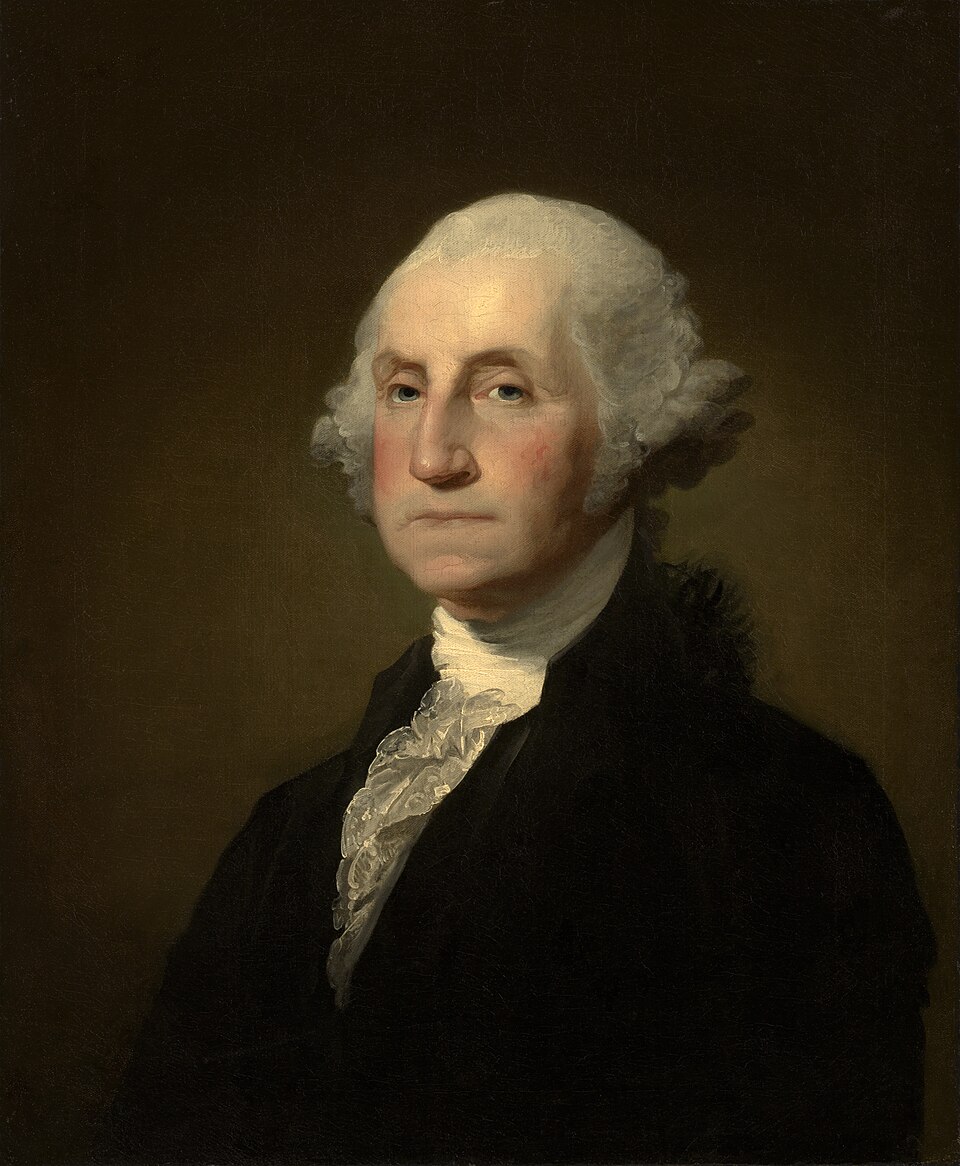
By 1799, Washington’s Mount Vernon distillery produced nearly 11,000 gallons, powered by five copper stills and a boiler. The operation turned surplus rye and corn into profit, influence, and payroll for skilled enslaved and hired workers. It also reveals a shrewd manager who thought in systems, not souvenirs. The reconstructed distillery still runs limited batches, translating ledgers into living craft and reminding visitors that the first president was also a serious entrepreneur.
Thomas Jefferson’s Revolving Chair and Macaroni Moment
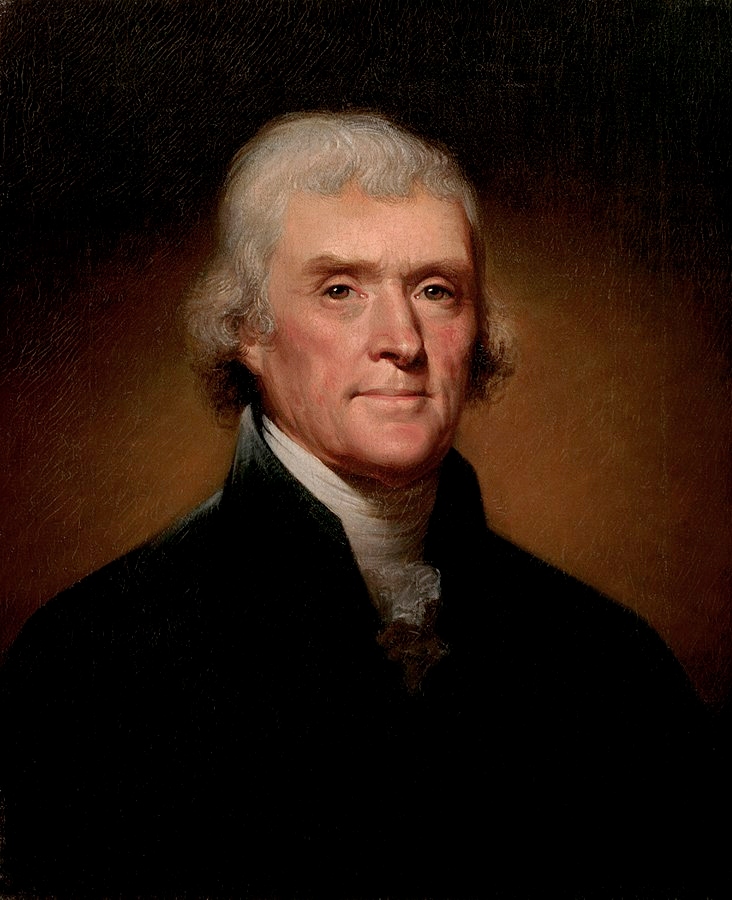
Jefferson worked from a rotating Windsor armchair and later added a writing paddle, a practical tweak that matched his taste for useful mechanics. He also helped popularize baked macaroni with cheese after Paris years shaped his palate and James Hemings’s training, a credit that links innovation to enslaved culinary mastery. The chair survives in the American Philosophical Society collection, while Monticello preserves the food history and the receipts that went with it.
John Quincy Adams Took Dawn Swims in the Potomac
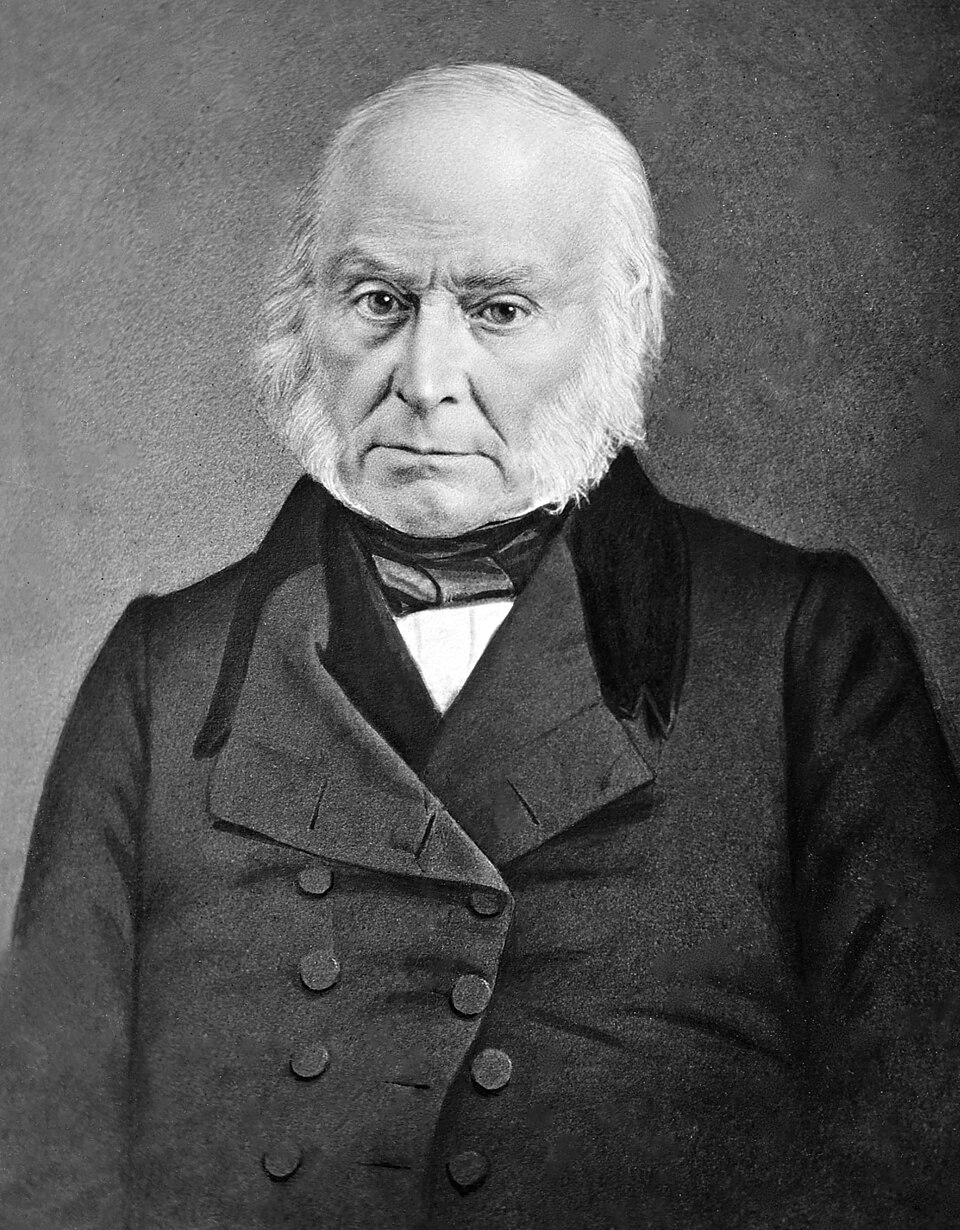
Adams cleared his head in the river at daybreak, sometimes slipping into the water before the city woke. Diaries and District lore confirm the habit; the famous tale of a reporter seizing his clothes is debated, but the swims stand. The image is vivid: a disciplined, exacting mind trusting cold current to reset before statecraft and meetings. It is health ritual, meditation, and stubborn streak in one routine, committed long before fitness had a brand.
Abraham Lincoln Is the Only Patented President
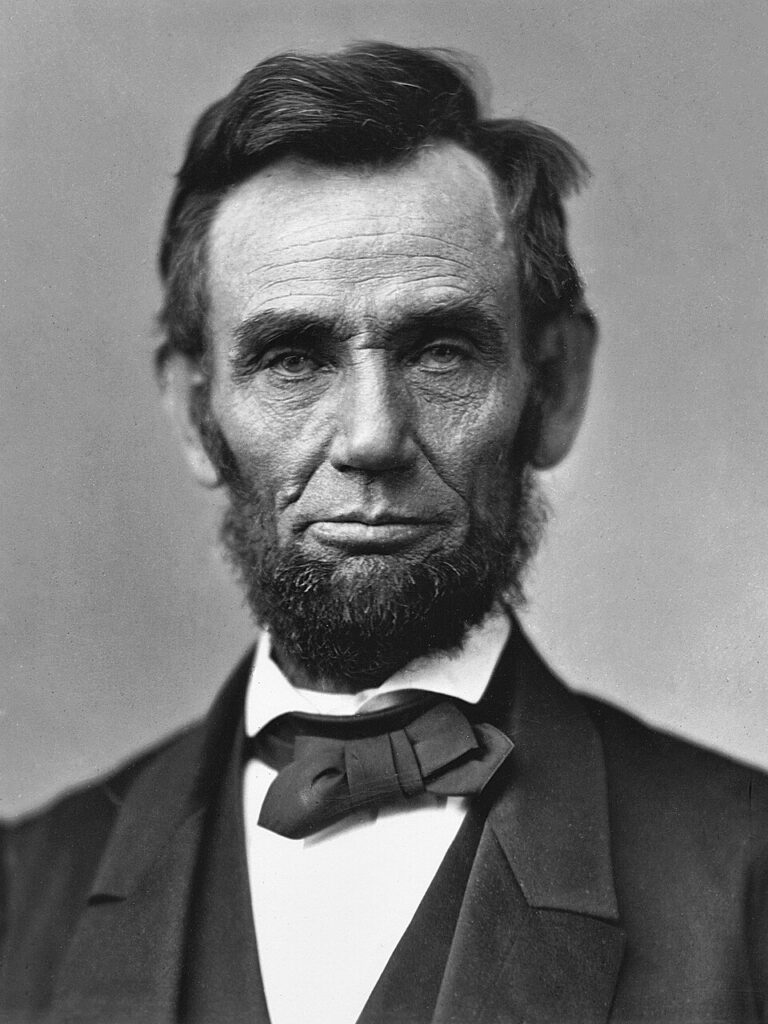
In 1849, Lincoln earned Patent 6,469 for a device to lift boats over shoals, inspired by a grounding he witnessed. The model sits in the Smithsonian, a carved reminder that his methodical legal mind also tinkered with mechanics. The invention never reached market, but it maps how he approached problems: observe, prototype, document, then argue the case. It is a quiet artifact that reframes a familiar figure as engineer as much as orator.
Grover Cleveland Personally Carried Out Two Hangings
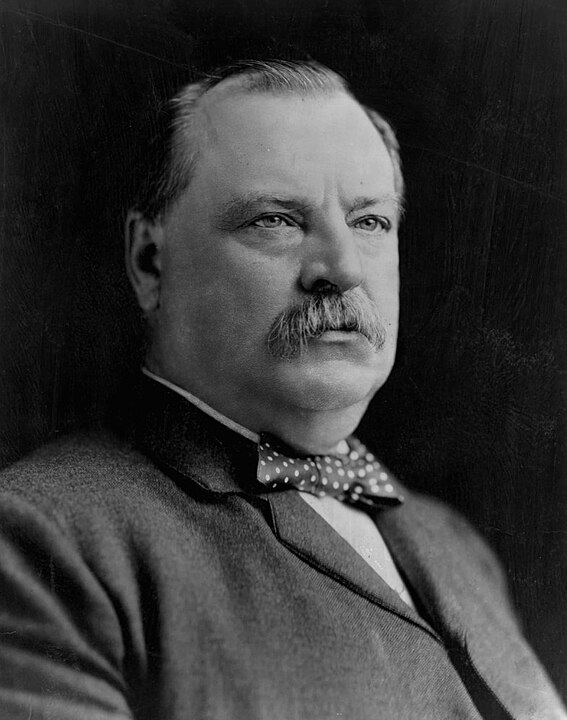
Before the White House, Cleveland served as Erie County sheriff. He enforced two death sentences himself rather than delegate, a choice that earned a grim nickname and still startles modern readers. The scaffold detail is not trivia; it captures a period’s legal culture and a public servant’s unvarnished view of duty. The episodes shadow later images of probity and restraint, showing how power, procedure, and conscience once met in wood and rope.
William Howard Taft Needed a Custom Tub, Not a Rescue
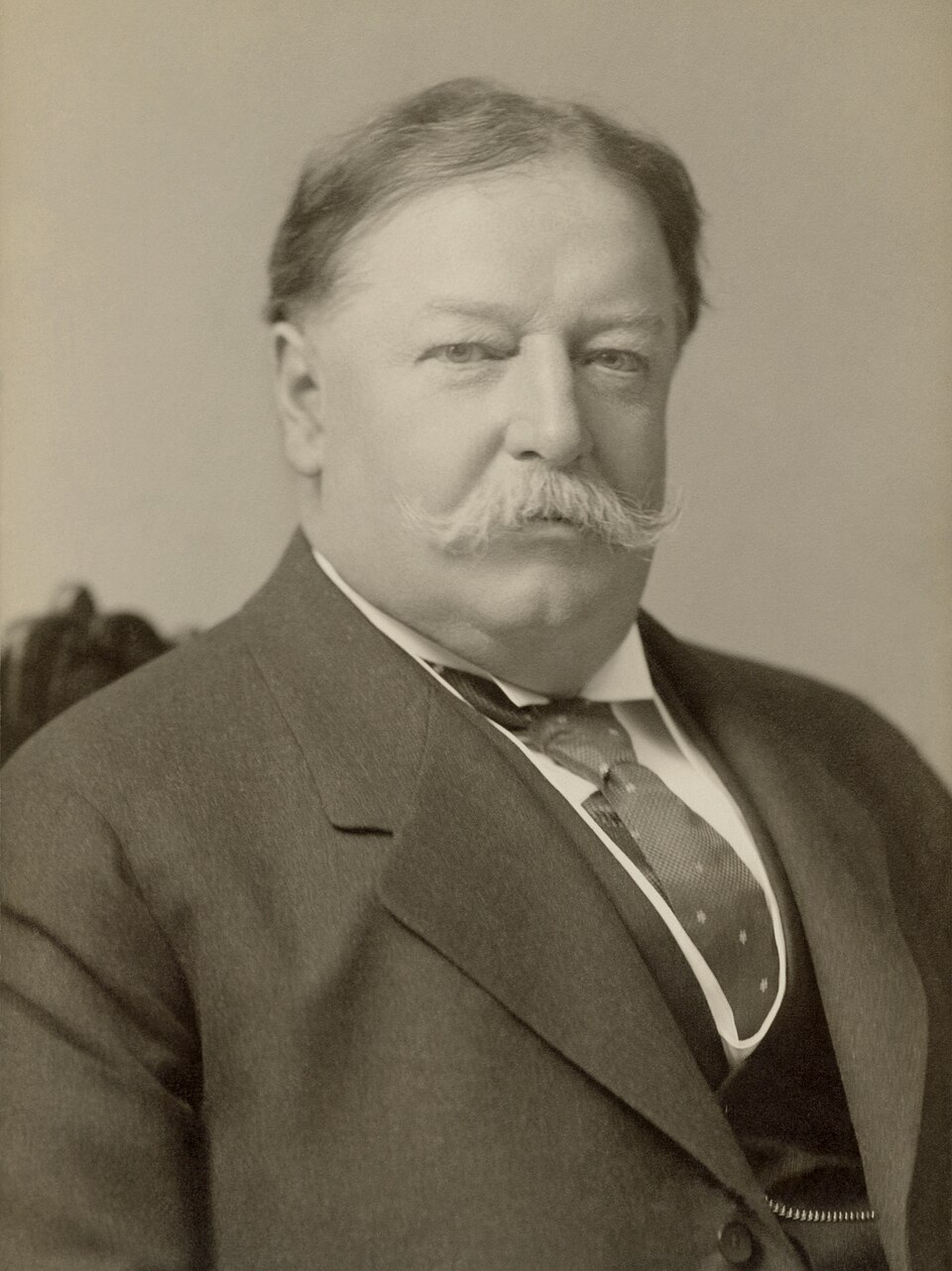
The bathtub gag is durable, but archival digging points to a different truth: a custom oversized tub was installed for comfort, with no solid evidence of a slapstick rescue at the White House. The myth likely congealed years later in memoir and gossip. What endures is how bodies become punchlines while the plumbing, contracts, and logistics say more about the real accommodations of a modern presidency.
Theodore Roosevelt Finished an 84-Minute Speech After Being Shot
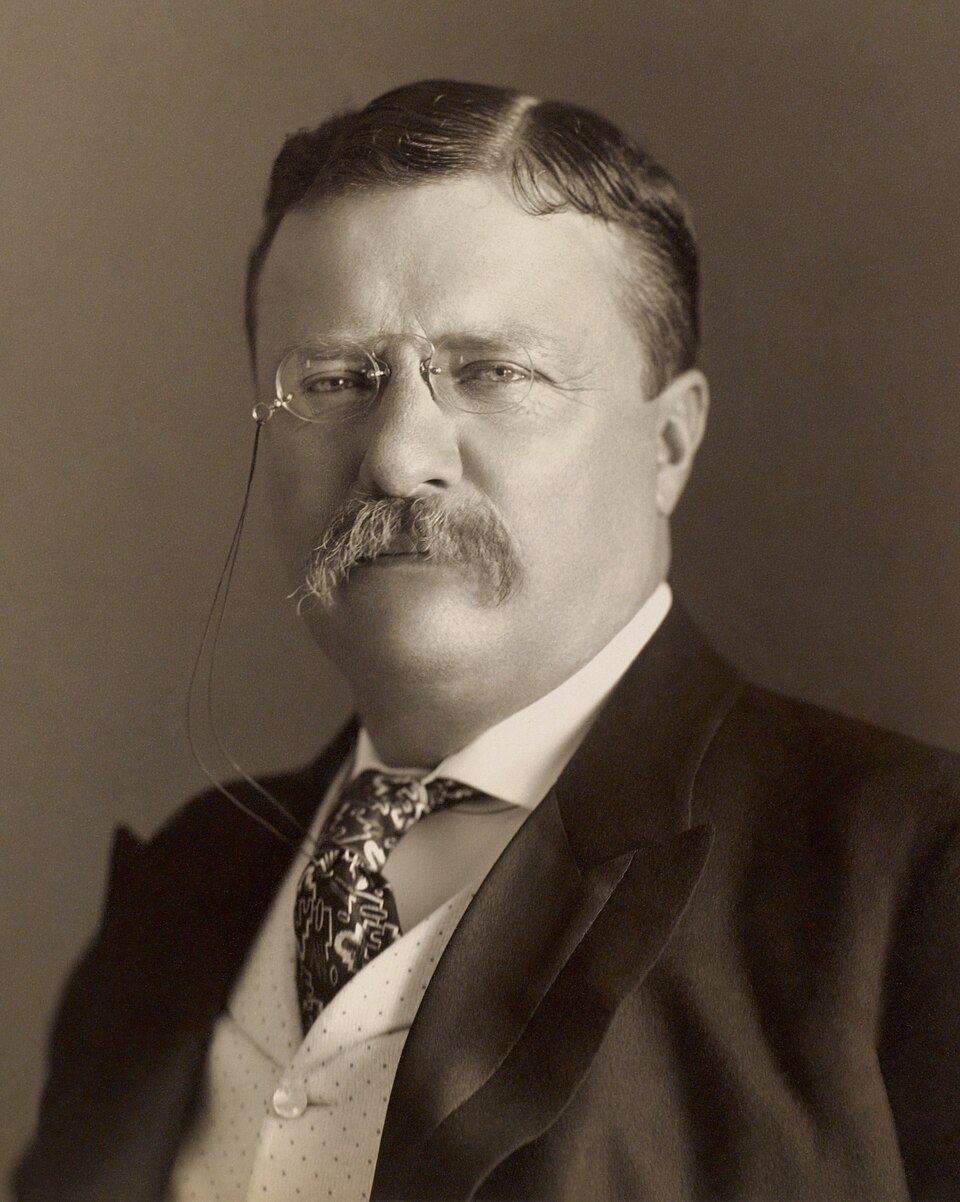
On Oct. 14, 1912 in Milwaukee, a bullet struck Roosevelt after passing through his steel glasses case and a folded 50-page manuscript in his pocket. He insisted on speaking, blood seeping through his shirt, before doctors intervened. The bullet remained in his chest for the rest of his life. The scene reads part theater, part iron will, and entirely on brand for a reformer who treated pain as an opponent to outlast.
Jimmy Carter Filed a Formal UFO Report
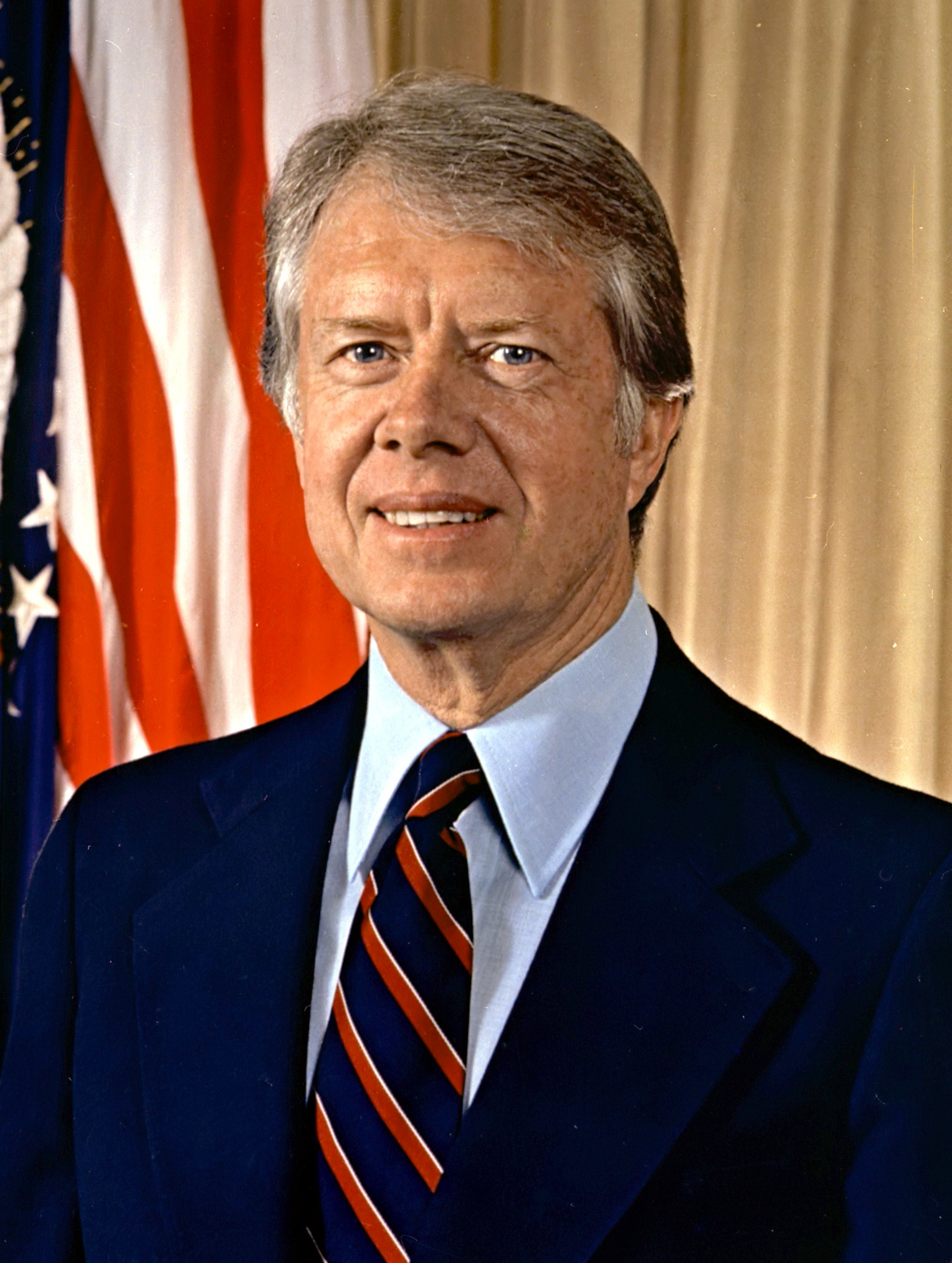
In 1973, Carter submitted a written account of a strange light seen near Leary, Georgia, in 1969. He framed it as an unidentified phenomenon, not proof of visitors, but the paperwork is real and preserved in public records. The debate over Venus, clouds, or something else continues, yet the document shows a future president treating wonder with procedure, filing a calm report rather than spinning a tale.
Barack Obama Collected Emmys And Grammys For Narration
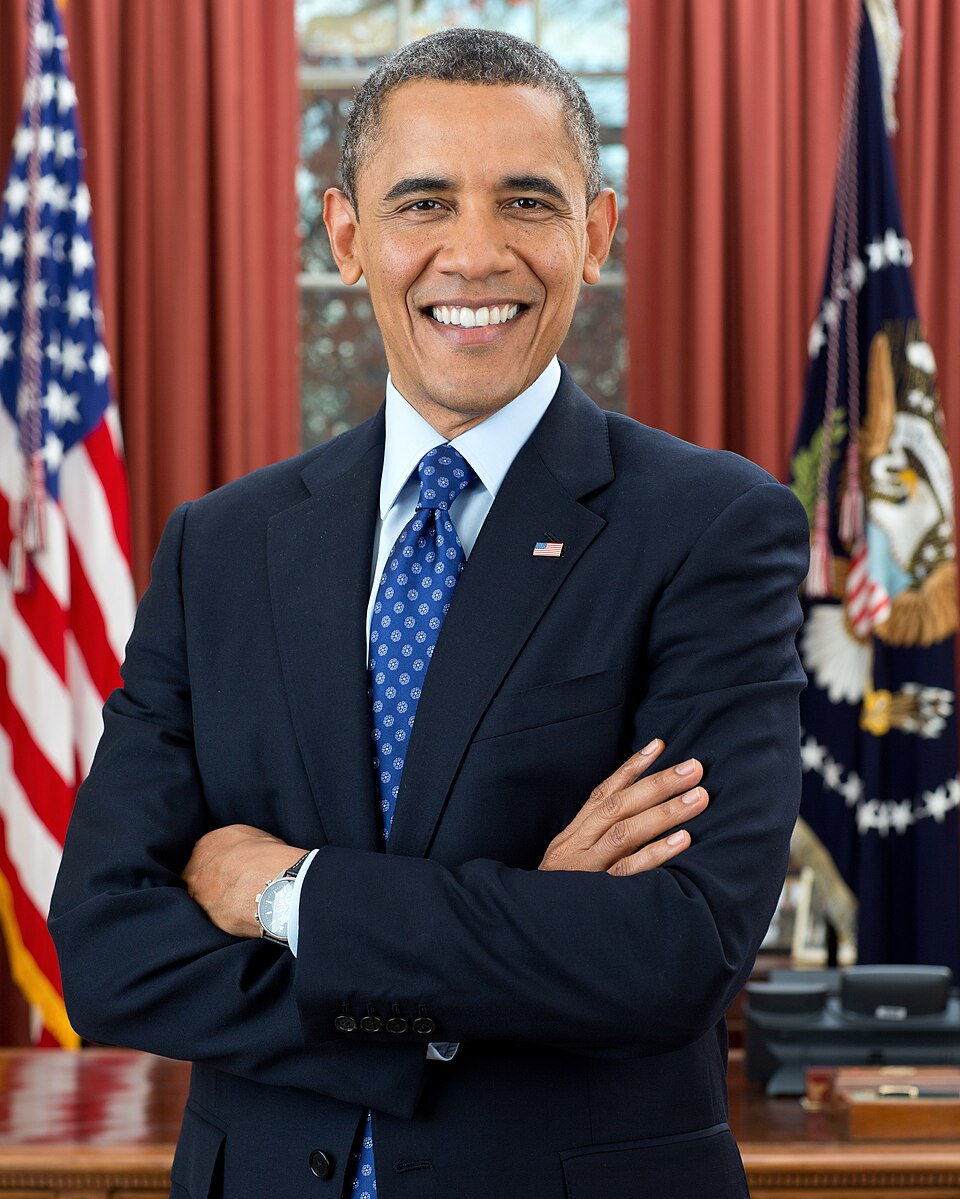
Post-presidency, Obama won Emmys for outstanding narration in 2022, 2023, and 2025, and previously earned Grammys for audiobook performances. The trophies mark a shift where a presidential cadence moves from policy to cultural storytelling, guiding audiences through parks, work, and oceans. It is a modern footnote that links voice, platform, and public memory in a media landscape that rewards clarity and calm delivery.

